After the assassination of Sayyad Khodaei, the Islamic Revolution Guards Corps colonel who was assassinated in a drive-by shooting in front of his home in Tehran, Israeli and Western media launched a concerted media campaign to portray almost every death of civilian and military officials as suspicious, thereby insinuating that Israel was behind such deaths.
This campaign used Iran blaming the assassination of Colonel Khodaei on Israel as proof to attribute every death to Israel. To this end, the death of ordinary engineers in faraway cities was portrayed as a special operation by Israel. A case in point was the death of an engineer in Yazd who Western media said died of food poisoning. But Iran said he was an ordinary citizen whose death wasn’t the result of an Israeli operation.
The slanted coverage of deaths in Iran was also obvious in the cases of two other Iranian military personnel whose death was announced by officials. A few days ago, the IRGC said one of its members named Ali Kamani lost his life in a car accident in Arak Province. Also, the Iranian Defense Ministry announced that its employee, Mohammad Abdous, died an incident while in the line of duty.
Despite Iranian announcements on the cause of these deaths, Israeli and Western media unleashed their minds to imagine bizarre stories. In one story cooked up by a television news channel close to Israel, Kamani and Abdous were introduced as key members of an arms development and production program aimed at supplying Lebanese Hezbollah with arms.
Tasnim said these reports were fictitious, unfounded and untrue.
“This form of cooking up stories and disseminating untrue and undocumented data has become a new normal in recent years for media outlets opposing the Islamic Republic of Iran,” Tasnim said.
According to Tasnim, in recent months some Western media, particularly Persian-language ones, in a joint psychological operation, are trying to depict any incident in Iran as a security issue.
In a bid to give substance to this media campaign, some Israeli officials are busy making remarks insinuating that they are taking the battle to Iran. For instance, Israeli Prime Minister Naftali Bennett, whose cabinet is teetering on the brink of collapse, has sought to project power and strength through promoting what he calls the Octopus Doctrine, a new strategy allegedly aimed at dealing with Iran directly instead of countering its allies in the West Asia region.
“The past year has been a year of changing course in Israel’s strategy vis-à-vis Iran,” Bennett said on June 7 at a meeting of the parliamentary defense and foreign affairs committee, according to the New York Times. “We have shifted into a higher gear. We are acting at all times and places, and we will continue to do so.”
Iran has said it will respond to Israeli provocative measures. On Tuesday, Iranian Foreign Minister Hossein Amir Abdollahian said Israel must stop its provocative and hostile behavior, according to Al Jazeera.
Amir Abdollahian also said that talks between Iran and the West are underway.
In late May, Commander of the IRGC General Hossein Salami vowed revenge for Sayyad Khodaei. He blamed the assassination of Khodaei on Israel, underlining that Iran will avenge his killing.
By the assassination of Khodaei Israel seemingly sought to show that it was broadening the scope of its confrontation with Iran. A few days after the assassination of the IRGC colonel, Israeli media reported, with great fanfare, that Israel was also behind an alleged quadcopter drones attack on Iran’s military site in Parchin, where IRGC Aerospace Force Commander General Amir Ali Hajizadeh was supposed to be assassinated.
First Published in Tehran Times


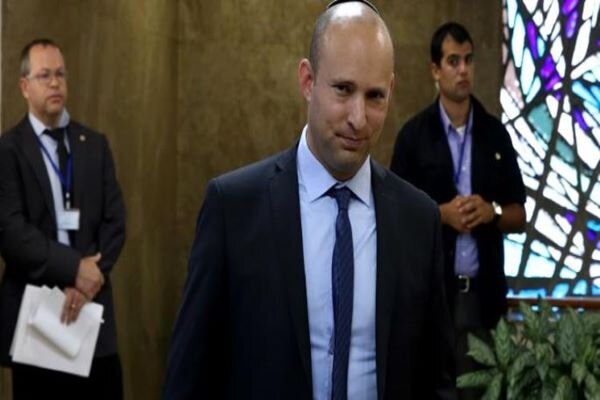

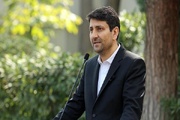
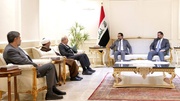

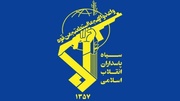


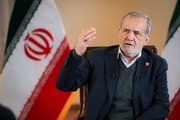

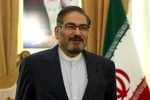
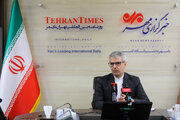




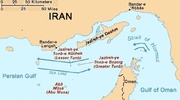



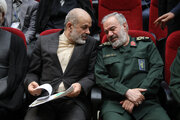



Your Comment